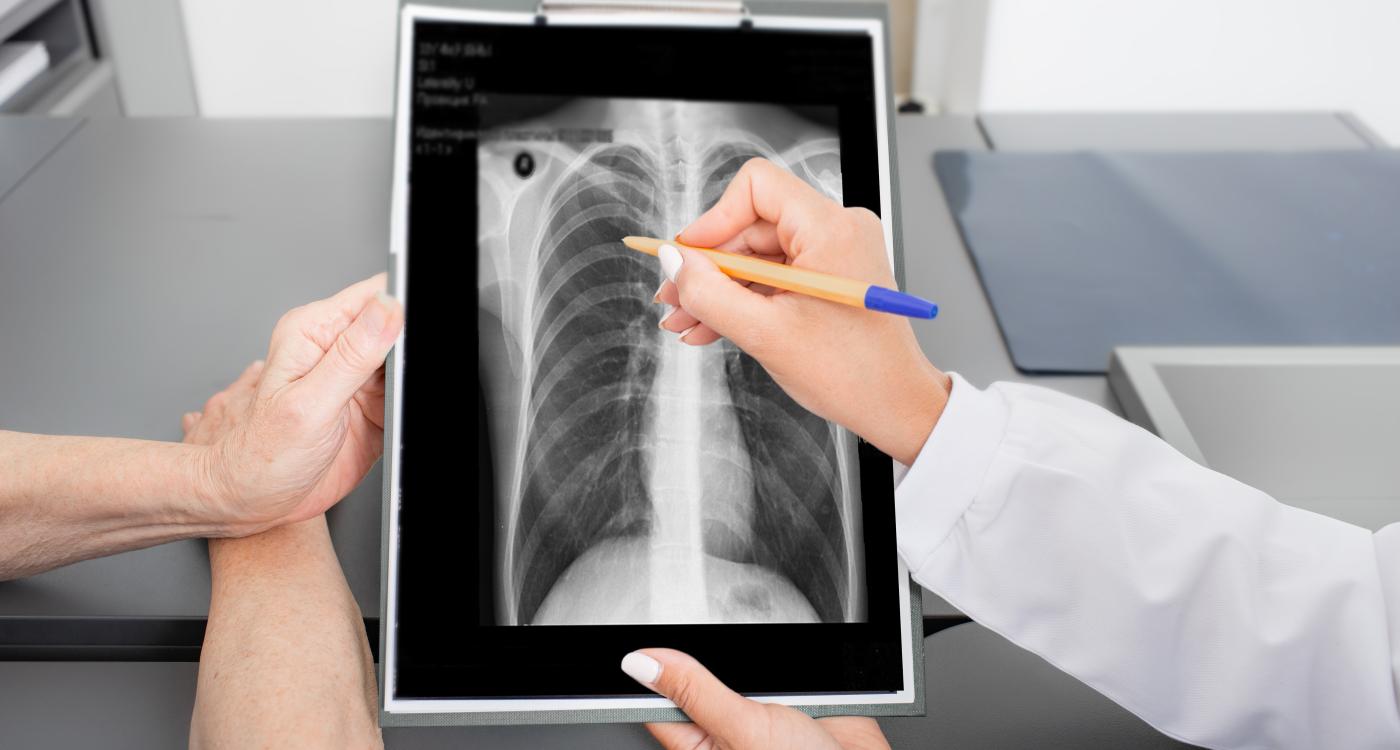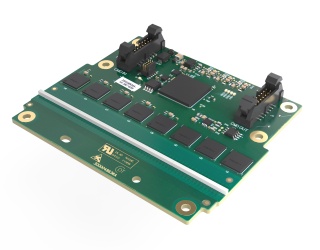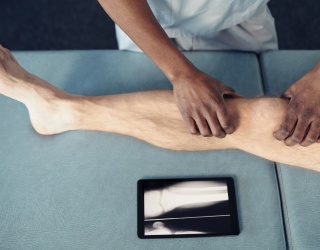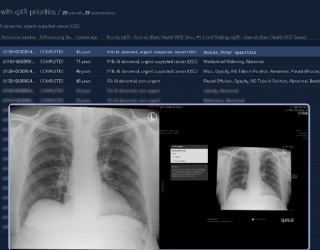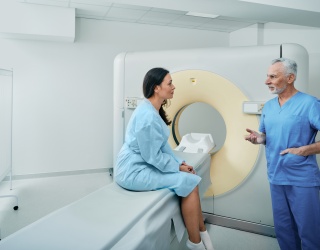A clinical case study presented by Qure.ai in collaboration with Hacettepe University, Ankara, Turkey, demonstrates that artificial intelligence (AI) can detect potentially malignant pulmonary nodules on routine chest X-rays (CXRs), even when the exams were performed for unrelated, non-respiratory reasons. The findings were shared during the IASLC World Conference on Lung Cancer 2025 in Barcelona and add to evidence that AI can enhance early detection in lung cancer screening and beyond.
The study suggests that AI-powered X-ray analysis could serve as an early-warning tool in countries lacking formal screening programs and complement CT-based programs by identifying at-risk individuals outside traditional smoker or ex-smoker cohorts.
Earlier Detection, Better Outcomes
“By finding high-risk nodules earlier and diagnose lung cancer at early stages, AI not only improves, but also accelerates diagnosis and treatment,” said Dr. Deniz Koksal from Hacettepe University. “This enables early surgical interventions while reducing the need for more expensive treatments such as targeted therapies and immunotherapies.”
The research, titled “Chest X-Ray Analysis with Artificial Intelligence Software Aids in the Early Diagnosis of Lung Cancer,” was conducted using data from the CREATE study, a coordinated five-country research initiative.
Three Cases, One Common Pattern
In three documented cases, AI flagged suspicious nodules in patients who had undergone CXRs for other purposes:
- Fever-related emergency room admission
- Routine imaging prior to ulcerative colitis treatment
- Standard CXR in a smoking cessation program
Each AI alert prompted timely CT confirmation and biopsy, leading to the diagnosis of early-stage lung cancer. All patients subsequently underwent curative surgery with favorable outcomes.
Expanding Early Detection Pathways
“This new evidence presented at the World Conference of Lung Cancer has the potential to position every chest X-ray as a chance to save a life,” said Prashant Warier, Founder and CEO of Qure.ai. “AI can help to expand the early lung cancer detection funnel by identifying high-risk lung nodules that would otherwise go unnoticed until it’s too late.”
Key Insights from the Case Study
- Broader detection scope: AI can identify lung cancer risks in patients beyond current screening criteria such as age or smoking history.
- Public health potential: In regions without structured lung cancer screening programs, AI-enhanced X-rays could create new diagnostic opportunities.
- Precision medicine support: Early identification of malignant nodules enables genomic testing and timely initiation of targeted therapies.
- Operational alignment: In high-volume or resource-limited hospitals, AI acts as a safety net that reduces diagnostic delays and supports payer and public health goals.
Source: Qure.ai

